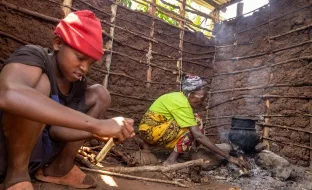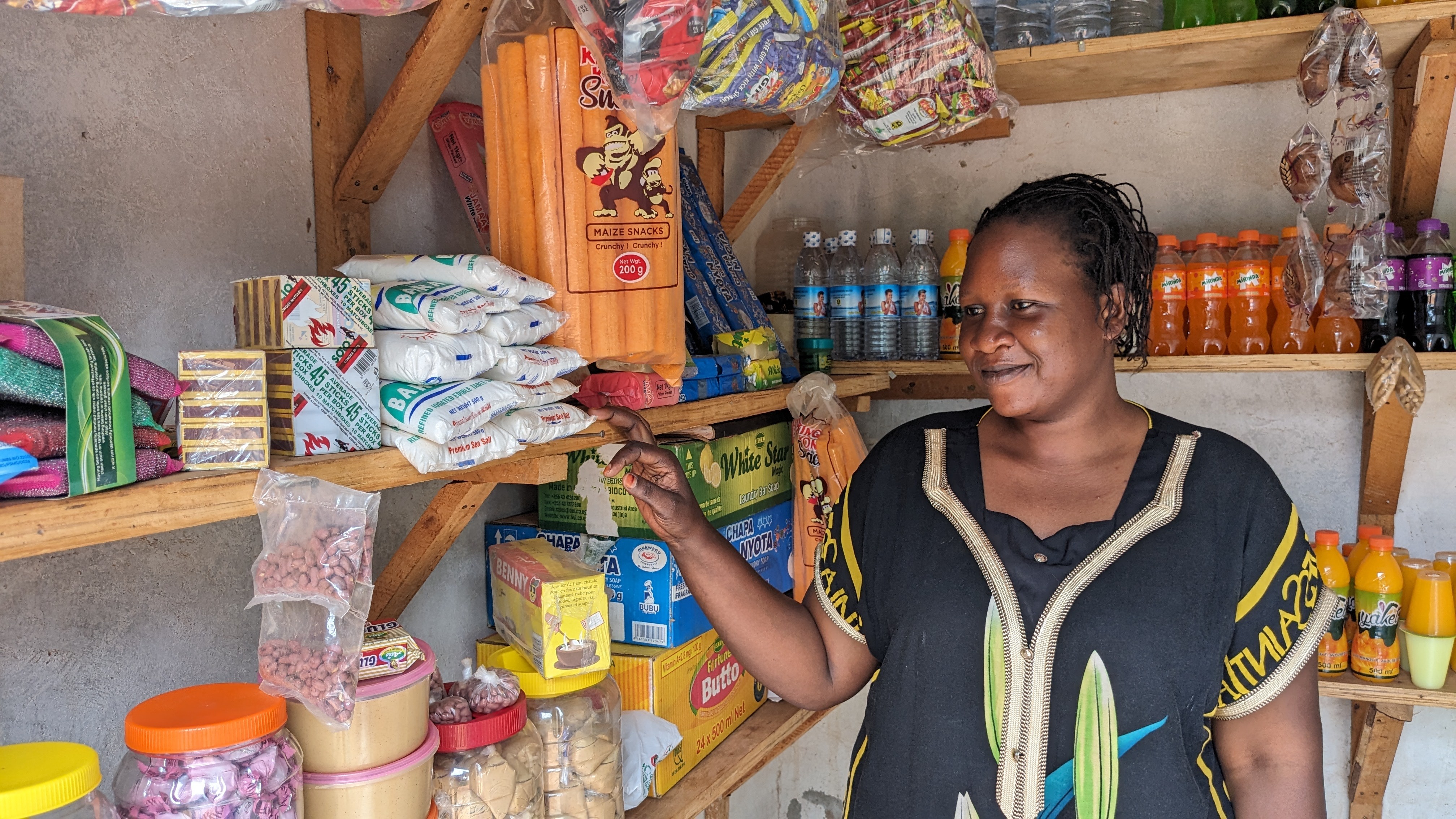In a column on “reasons to be cheerful,” Jon Evans discusses how direct giving can reshape the aid industry by becoming a “valid alternative.” Elsewhere, GiveDirectly’s Caroline Teti was interviewed on a range of topics related to our work, from how we send transfers to our groundbreaking basic income experiment.
GIVEDIRECTLY IN THE NEWS
1. Reasons to be cheerful
Tech Crunch, Jon Evans, April 30, 2017
Charities like GiveDirectly are doing just that, with a really admirable focus on gathering as much data as possible to test their thesis that this is effective aid and poverty relief, rather than claiming defensively that whatever they do must be unquestionably wonderful, which so often appears to be the aid-industry default.
2. TAKING A STAB AT UNIVERSAL BASIC INCOME IN AFRICA
Fairplanet, Bob Koigi, April 26, 2017
The model is being championed by GiveDirectly, a US not for profit organization. In East Africa where the approach has recorded impressive entry, over 65,000 families have in total received approximately $65 million since the programme started.
3. UNIVERSAL BASIC INCOME: G2P ON STEROIDS OR AN OPENING FOR CRYPTOCURRENCIES?
Mondato blog, Kerry Frank, April 25, 2017
GiveDirectly, a non-profit that delivers cash transfers to the extreme poor, has circulated the first qualitative feedback aggregated from its Universal Basic Income trial in Kenya. The survey data paints a picture of ever expanding economic activity in response to the free money – from entrepreneurship to urban relocation – contrary to convictions that it would breed laziness and inertia. And, of even more excitement, is that this economic activity is absorbed into the digital finance ecosystem, as the transfers are deposited directly into M-Pesa mobile money accounts.
CASH TRANSFERS IN THE NEWS
4. Everything We Knew About Sweatshops Was Wrong
The New York Times, Chris Blattman and Stefan Dercon, April 27, 2017
We offered some applicants who did not get the factory job a business start-up package of training and cash. Those people expanded their agricultural or market selling, raised their earnings by a third and did not feel the need to resort to factory jobs. Like other poor countries, Ethiopia is experimenting with various social insurance schemes. That should continue.
5. Yes, giving money to very poor people will make their lives better — just ask Ecuador
The Conversation, Andrés Mideros Mora, April 25, 2017
Ecuador’s BDH is a cash transfer given to extremely poor families each month, as long as their children are regularly attending school and health clinics. Since 2003, each beneficiary household has received US$15 every month, irrespective of household size (Ecuador uses the US dollar). The amount was increased to US$30 in 2007, US$35 in 2009, and US$50 in 2013. .
BASIC INCOME IN THE NEWS
6. Basic income scheme comes to Canada’s poor
DW, Jillian Kestler-D’Amours, April 29, 2017
Canada’s most populous province will soon join a growing list of places around the world that are exploring ways to give their citizens a guaranteed, basic income every month. Ontario will launch the basic income pilot later this spring in the Hamilton and Thunder areas, in south- and north-western Ontario, and in Lindsay, a town of about 20,000 residents around two hours east of Toronto, next fall.
7. Ro Khanna Wants to Give Working-Class Households $1 Trillion
The Atlantic, Annie Lowrey, April 28, 2017
The plan is being heralded as a move towards a universal basic income in the United States, and Khanna hopes to pair it with efforts to move federal jobs out of Washington, expand universities and colleges, and encourage investment in depressed communities. Such a moonshot effort is not going anywhere soon, he concedes. But it would at the very least demonstrate to voters that Democrats had something new and bold to offer them.
8. “Venture Capital For The People”: Making The Case For A Basic Income
Fast Company, Ben Schiller, April 26, 2017
In a well-received talk at TED’s 2017 conference, Bregman argued that we can end poverty by giving people the cash they don’t earn–that is, by adopting a universal basic income. And, contrary to some basic income naysayers, he says the policy needn’t be particularly expensive. Raising every American above the poverty line would cost about $175 billion, he says–about a third of what we spend on national defense.

